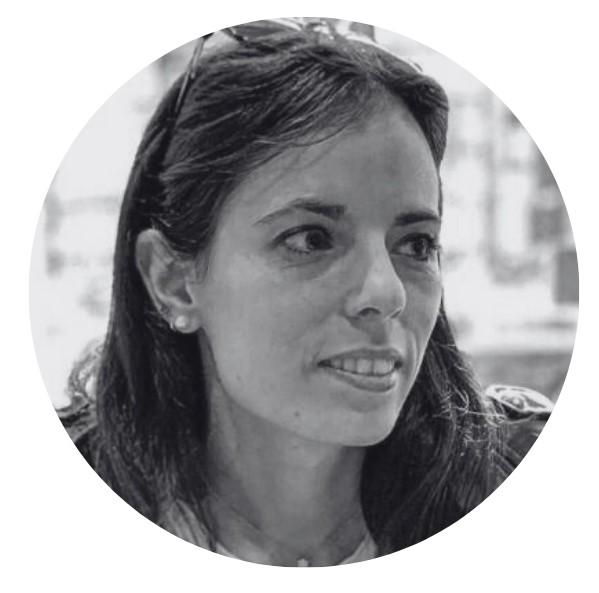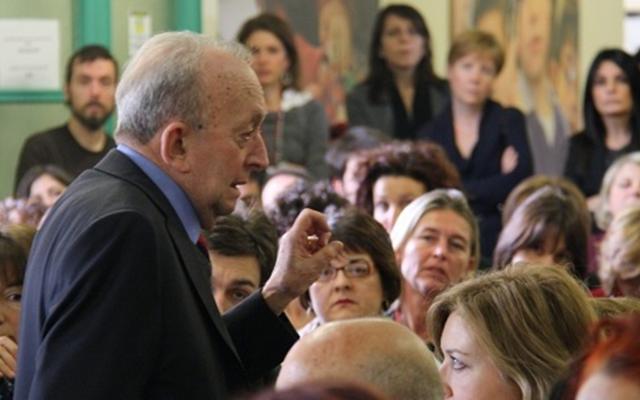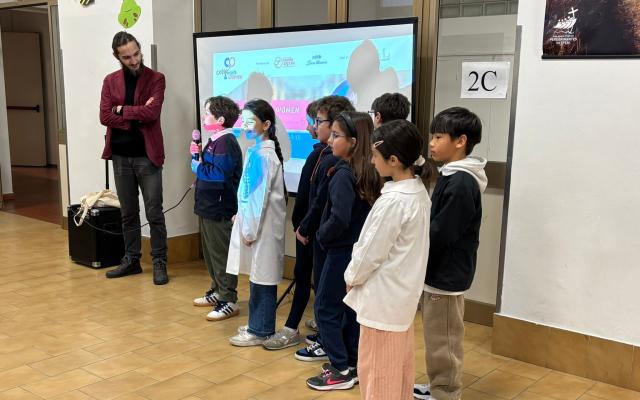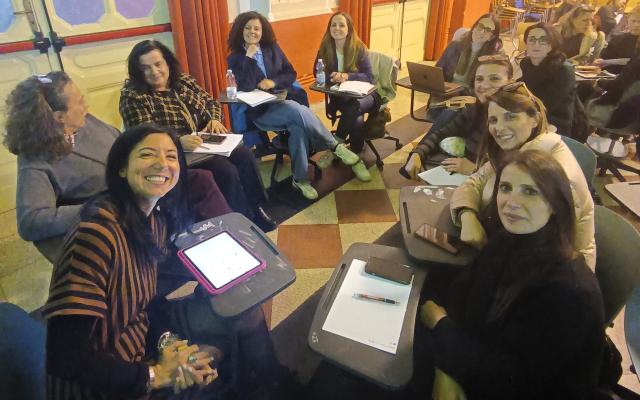Pupils at comprehensive schools in Milan try out the Personal Ecosystem Canvas
At a stage in life when questions, curiosity and early dreams begin to take shape, helping young people to look inside themselves becomes a fundamental step in guiding them towards informed choices. Even before deciding which secondary school to choose, it is important for every student to learn to recognise what makes them unique: their qualities, the passions that motivate them, the values they hold dear and the goals they imagine for their future. Cultivating self-knowledge means offering young people a solid starting point, an inner compass capable of guiding them on their path to growth.
In this spirit, on Monday 10 and Wednesday 12 November, two groups of students from the second year of the comprehensive school Madre Teresa di Calcutta in Milan took part in a training session dedicated to the Personal Ecosystem Canvas (PEC), a tool designed by scientific director Alfonso Molina to encourage personal self-entrepreneurship and orientational thinking. The activity, led by facilitator Vanessa Tico, represented a first concrete experiment with classes from a comprehensive school, providing a rich, curious and surprisingly mature picture of the students' reflections.
The meeting was divided into three main phases: after a theoretical introduction to the PEC, during which the students explored the conceptual basis of the tool, starting from the idea of a “personal ecosystem”, the students were invited to reflect on the many internal and external spheres that influence each person's life, such as personal qualities, relationships, family and school contexts, values, but also global trends and social changes; an invitation to become aware of how unique and malleable each path is over time.
The second, more practical phase allowed the students to fill in their own Canvas: an individual task, but one rich in personal insights, which guided them in defining who they are, what strengths they recognise in themselves, what aspects they wish to improve, what obstacles they perceive and what goals they dream of for their future. The reflection was naturally linked to the choice of secondary school, a stage that is now approaching and is often experienced with uncertainty or confusion, but which, thanks in part to the use of PEC, became an opportunity for free and authentic questioning.
With the appointment on Wednesday 12 November, for the second class group involved in the activity, there was also a moment of feedback through anonymous notes: a simple method that nevertheless encouraged spontaneous and sincere sharing of impressions experienced during the PEC session. The feedback collected showed great appreciation for the activity, which was described as “different from the usual”, useful and capable of bringing out unexpected personal aspects. Some students emphasised the importance of having time to think about themselves, something that often does not happen in the daily hustle and bustle of school. “I liked it because it made me see my qualities and discover many things I didn't know,” wrote one of them. Another student added, “I really liked it because it makes you think and helps you make precise and well-defined decisions”.
"Working with young people of this age is always surprising: they bring spontaneity, insights and questions that greatly enrich the work on the PEC. This tool offers them an opportunity to organise their thoughts, recognise what makes them unique and understand that choices should not scare them, but can become an opportunity to consciously build their own path. Seeing them reflect, discuss and discover new parts of themselves was the most valuable part of the whole meeting," commented facilitator Vanessa Tico on the experience.
This first experiment highlighted the importance of providing young people with tools that stimulate reflection and enhance the uniqueness of each individual. Special thanks go to all the students who got involved with curiosity: reflecting on oneself is never easy; on the contrary, it requires time, courage and listening. Yet it is precisely from this introspection that informed choices arise, and for us, our facilitators and the teachers involved, accompanying young people on this journey with innovative self-assessment and guidance tools such as the Personal Ecosystem Canvas also means helping them to build, step by step, the future they desire.

The story is by Elisabetta Gramatica, project officer



